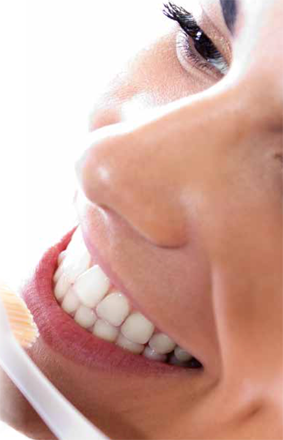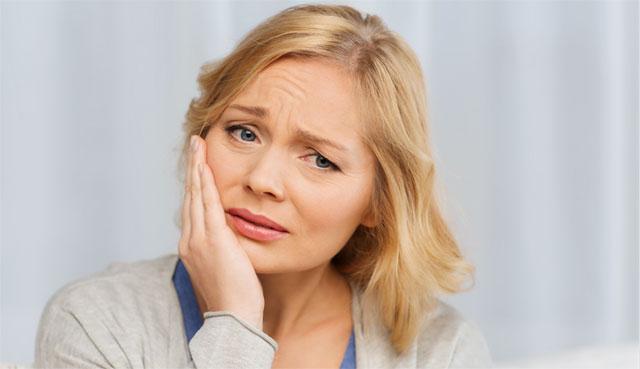You are here
Coffee & oral health
By Dr Reham Ma’ani , Family Flavours - Oct 13,2024 - Last updated at Oct 13,2024

Photo courtesy of Family Flavours magazine
Dr Reham Ma’ani
Dental & Oral Surgeon
Drinking coffee can feel great and help you feel energised for the day. However, this is a false feeling and what’s more, your teeth and gum health are at risk too.
Did you know that by drinking only one cup of coffee a day, you can increase your chances of cavities?
Teeth discolouration
Coffee can also contribute bad breath because it increases oral bacteria in the mouth. The bacteria creates acid that leads to tooth and enamel erosion.
Enamel is made up of minerals, mainly hydroxyapatite. It is the protective layer on your teeth. It’s also partially responsible for their colour.
The most prominent problem of drinking coffee regularly is the discoloration of your teeth.
Coffee can discolour teeth because of an ingredient called tannin found in other beverages like wine and tea.
The enamel combined with the colour of the underlying material of dentin produce the coluor of your teeth.
Coffee can penetrate enamel, covering it with a deep yellow to brownish tone.
Coffee creamers and sugar
When the enamel becomes thin, the dentin becomes more visible, resulting in yellow teeth.
Adding creamer to coffee will also not hinder the discolouration of your teeth.
The pigments and acids responsible for the dark coffee colour don’t disappear by adding creamer, so it can still stain your teeth.
Creamer and sugars can also speed up the growth of bacteria.
Straws
Although stopping your coffee consumption would reduce your chances of discoloring your teeth and damaging your dental hygiene, stopping your coffee intake can be difficult.
To avoid the discolouration of your teeth, you can try drinking it from an environment-friendly stainless steel straw to reduce contact with your teeth.
You can also try to sip coffee throughout the day, rather than drinking it in one go to prevent the build-up of bacteria.
Drinking lots of water can also help quickly rinse the residual liquids.
Brushing your teeth
One of the most effective ways to help reduce the effects of coffee stains on your teeth is by thoroughly brushing and flossing your teeth shortly after a cup of coffee.
Vegetables
I recommend waiting at least 30 minutes after drinking coffee to brush as it will allow the acid in your mouth to neutralise. Eating vegetables such as carrots and celery after a cup of coffee will help in reducing tooth discolouration and freshen up your breath.
It’s also a great idea to see your dentist at least once a year to deep clean your teeth.
Your dentist can help clean the stains from your teeth so your smile stays nice and pearly white!
Keeping your teeth white
There are a few ways that you can help maintain your dental hygiene, including:
-Waiting 30 minutes before brushing your teeth.
-Drinking water.
-Using a stainless steel straw.
-Getting your teeth professionally whitened.
-Visiting your dentist regularly.
-Brushing, flossing and using mouthwash regularly.
Reprinted with permission from Family Flavours magazine.
Related Articles
Instead of having to drill and fill cavities, dentists could head them off at the pass with a new technique that accelerates a tooth’s natural healing, King’s College London announced this week.
Women are more susceptible to changing hormone levels at puberty and from certain types of birth control, pregnancy and menopause. These hormonal changes can impact oral health. It is important to learn more about the connection between hormones and women’s oral health.
Even though people are born with microbes in their mouth that they inherited from their parents, these bacteria are not associated with toot
















